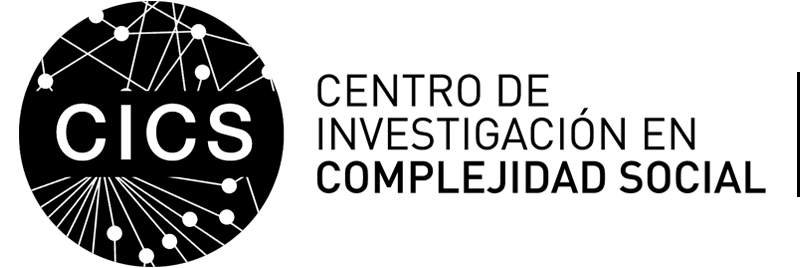Videogame Theory
https://youtube.com/watch?v=wyEqtLhXHM0
BULLYING AND (VIDEO) GAME THEORY
Platform of Digital Games is a tool that allows to make a description closer to how the children of this cycle relate to each other. Through the “Game Theory” a controlled environment is generated where the students make decisions in which they contrast their interest with the rest of their peers, while the video game serves as an instrument to measure the sociability of the group course. This allows us to understand the structure of cooperation, the mechanisms that support it and, thus, to quantify the intensity in which it occurs among students in reality: key elements to understand the relationship between the dynamics of social cooperation and school aggression.

Fig. Filtered network of all cooperation sent from 8 to 10 cards in a classroom. The size of the node represents the individual GPA of the students. The boys are in real, the girls in red.
INSTITUTIONS + TRANSFERENCE
School coexistence is defined based on the forms of interpersonal interaction among the members of the community; we set out to measure the pro-social dispositions that are at the base of these relationships to inquire about whether there was a correlation between these dispositions and the quality of the school coexistence measured by other instruments, the secondary information and the report of the teachers themselves. In addition, it incorporates behavioral sciences with an experimental interface for its measurement.
Researchers
|
|
|
 |
Camilo Rodríguez
Director Innovación y Desarrollo UDD. M.Sc., en Ciencias Post-Genómicas, Instituto Nacional de Ciencias Aplicadas.
|
 |
Jorge FábregaDirector DCCS Ph.D. en Políticas Públicas, Universidad de Chicago. |
 |
Jorge VarelaPh.D. en Educación y Psicología en la Universidad de Michigan. |
 |
Víctor LandaetaEstudiante DCCSFísico, Pontificia Universidad Católica de Chile. |
 |
Ignacio ToledoEstudiante DCCSMaster en Ingeniería Electrónica, Universidad de Concepción. |
 |
Cristian CandiaEstudiante DCCSMaster en Ciencias Físicas, Universidad de Concepción. |
 |
Tamara YaikinCoordinadora de ProyectoMaster en Sociología, Pontificia Universidad Católica de Chile. |
Products
PAPERS
Press
|



